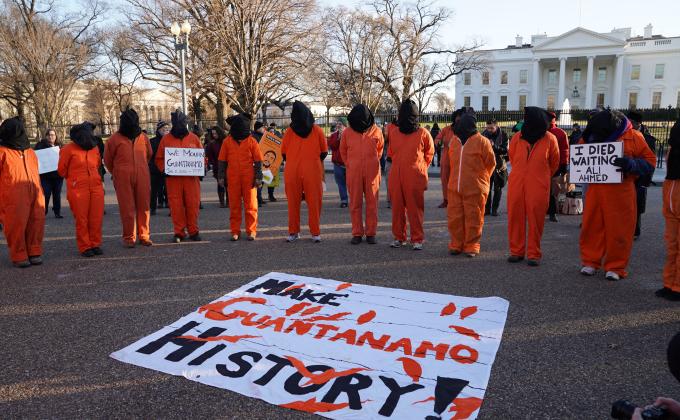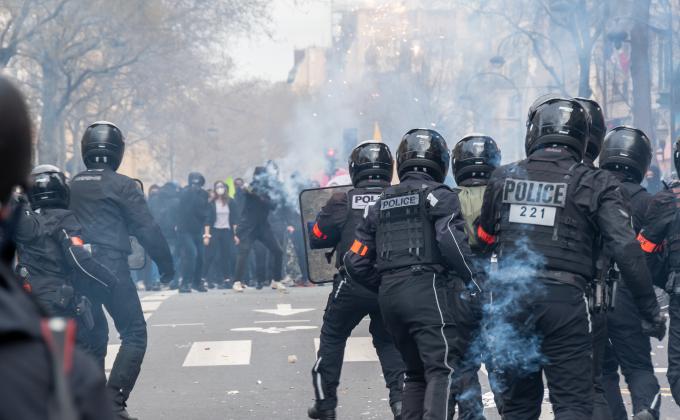In this Research Paper Dr. Bibi van Ginkel examines the role of the exchange of intelligence between states, the applicable human rights framework, and the dilemmas involved. Over the last ten years, more and more significance has been accorded to intelligence on a global scale. This is reflected in a considerable upgrade of security structures and their resourcing. In dealing with global and transnational security risks, there is also an increasing need for building intelligence relations among countries. At the same time, the focus of traditional law enforcement is moving towards preventive mechanisms that are mainly intelligence-driven. Although indeed, it is better to prevent terrorism from taking place than to deal with the consequences afterwards, the challenge is to ensure human rights as well as accountability for its violations, while recognizing the important role of intelligence, including its need for confidentiality. In case of sharing intelligence between states, every state bears the responsibility to protect the safety as well as the democratic principles and the rule of law. This paper begins with the question Quis custodiet ipsos custodes? Or, who guards the guardians? It explores the above mentioned topics and the final section concludes with a series of policy recommendations for the intelligent use of intelligence.
Download the Research Paper here.
How to cite: Ginkel, B. van. "Towards the Intelligent Use of Intelligence: Quis Custodiet ipsos Custodes?", The International Centre for Counter-Terrorism - The Hague 3, no. 10 (2012). DOI: http://dx.doi.org/10.19165/2012.1.10








